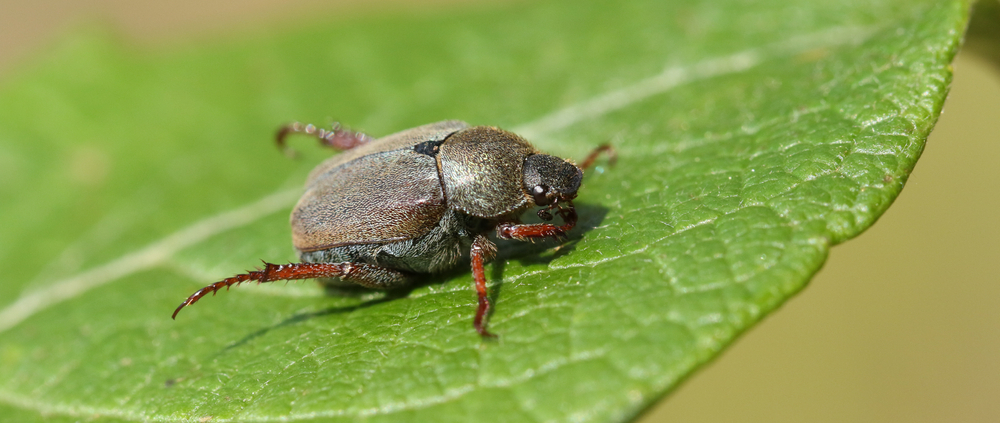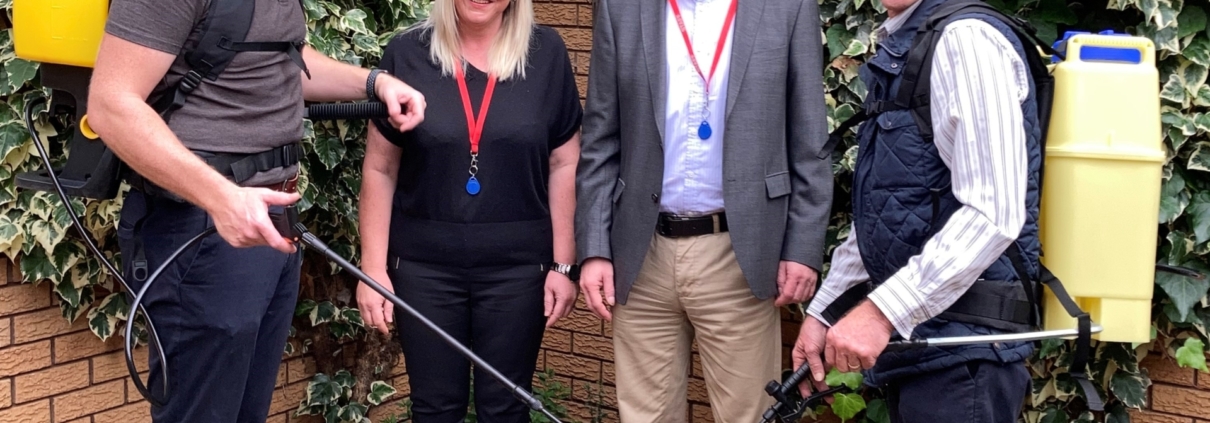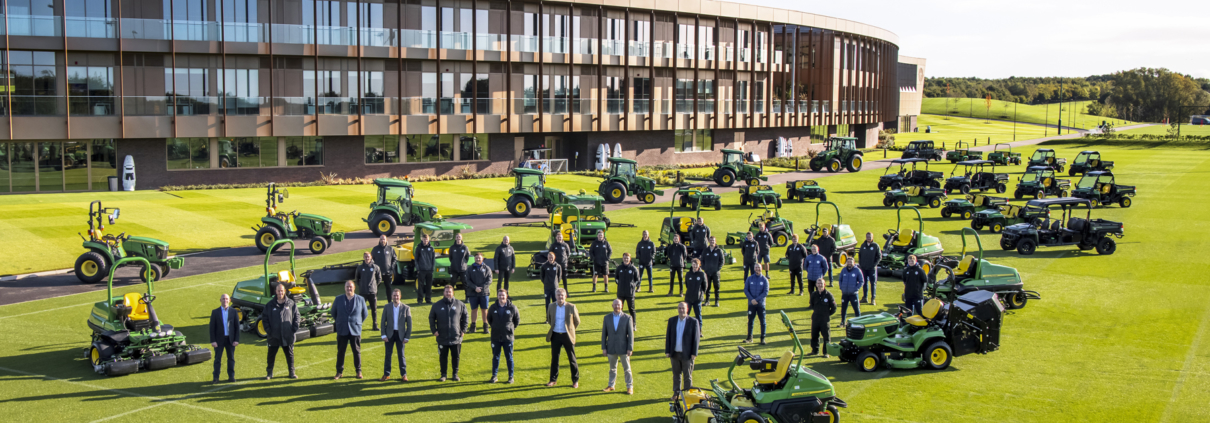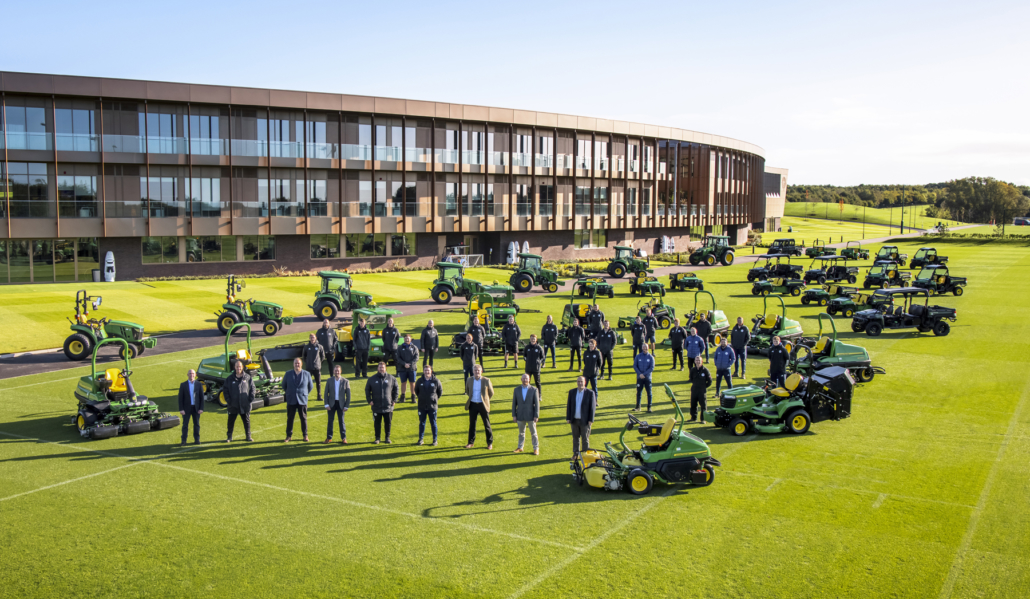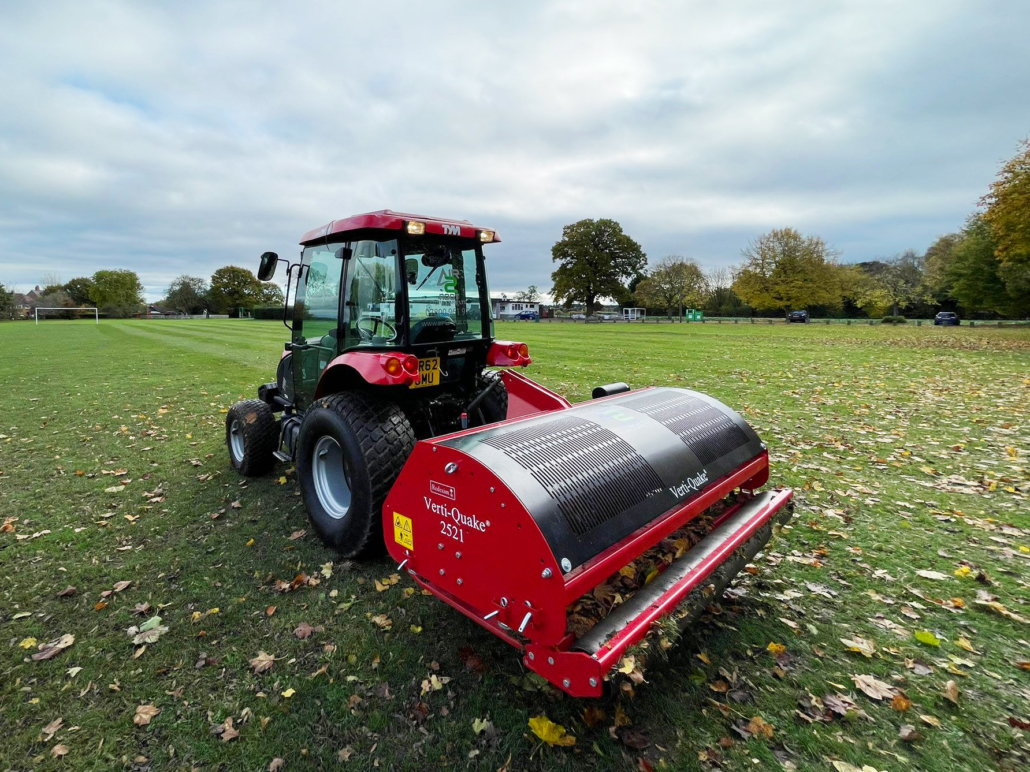Fight against the Garden Chafer
Fight against the Garden Chafer: International Pheromone Systems is looking for trial sites as part of its work to develop lures and traps to help monitor and control an insect pest that is menacing golf courses, race courses, amenity gardens and parks across much of the UK.
Dr Sam Jones, Technical Manager for IPS, explains: “Garden Chafer beetles are turf pests and are most problematic in locations where turf must be kept pristine.
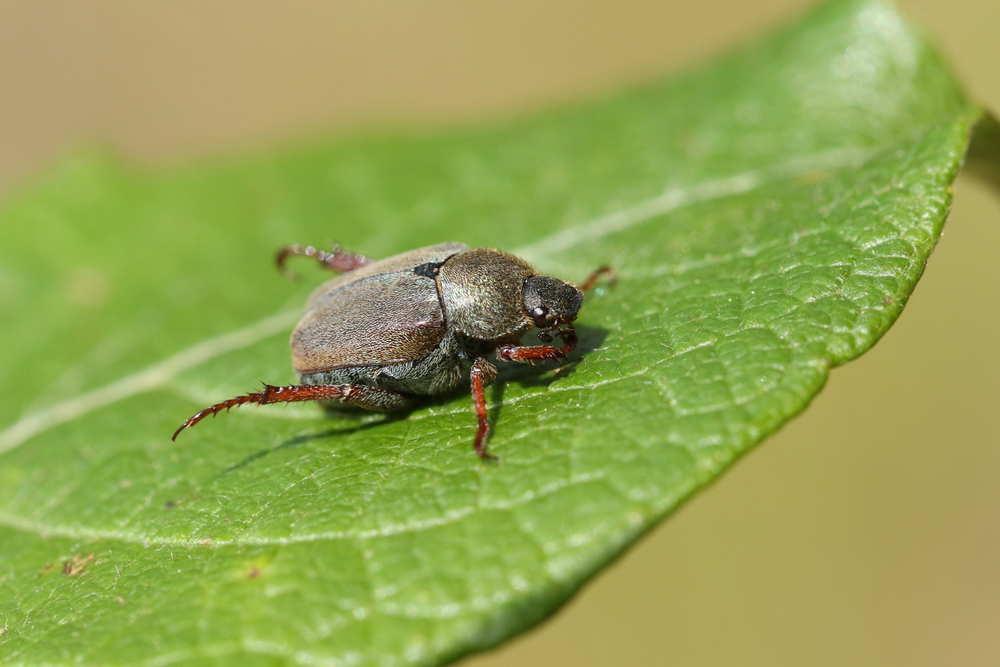
Fight against the Garden Chafer
“While adults can cause some damage from feeding it is the grubs (larvae) that are the most damaging as they feed and develop on the roots of the grass. In certain locations populations of the Garden Chafer can proliferate. There has been an increasing demand for an environmentally friendly, biocontrol method of managing these pests particularly following the ban of some pesticides. We estimate that a typical golf course would probably need 8 – 12 traps to efficiently monitor for these pests, dependent upon size, shape and planting.”
Monitoring provides early warning of a pest’s presence and identifies areas to be targeted, rather than treatments being applied to large regions where the beetle may not be present. Any trials would be expected to take place between May and July when the pests are usually most abundant.
“We don’t have a pheromone for either the Garden Chafer or the Welsh Chafer, so we currently use plant derived attractants which in the case of the Garden Chafer are floral odours. The hope is that our new lure formats will attract both species. This work will later be extended to the less damaging pests, the Rose Chafer and the Cockchafer,” Sam added.
Chafer larvae are distinguished by their “C” shaped body, which is white with a pale brown head. Garden chafer larvae reach up to 15 mm long when fully grown. Larvae feed on the roots of grasses which results in the formation of patches. Damage is often exacerbated by badgers and crows which like to dig into the turf to feed on the larvae.
“Damaged turf on sports pitches can sometimes impact on player welfare. Once weakened the turf may not provide adequate traction which can result in increased slips and falls and potential player injury.
“As well as injuries there can be loss of revenue for the facility if a sporting event has to be cancelled and the capital costs of replacing the damaged turf can often be substantial,” Sam explains.
International Pheromone Systems offers a nature-based approach and specialist knowledge for natural and safe solutions to monitor and manage pests in agricultural and domestic environments.
The company’s highly skilled entomologists find solutions from nature itself. Together with universities, scientific partners and growers, the IPS team works to find natural solutions to help reduce pesticide use and support integrated pest management (IPM) in agriculture, horticulture and forestry businesses.
A healthier, safer and more productive environment is achieved by using the natural behaviour of pests and finding the right pheromone combination and trapping solution specific to a particular species.
For the latest industry news visit turfmatters.co.uk/news
Get all of the big headlines, pictures, opinions and videos on stories that matter to you.
Follow us on Twitter and Instagram for fun, fresh and engaging content.
You can also find us on Facebook for more of your must-see news, features, videos and pictures from Turf Matters.

